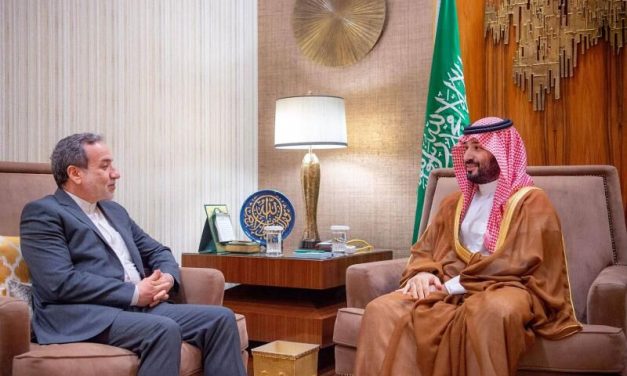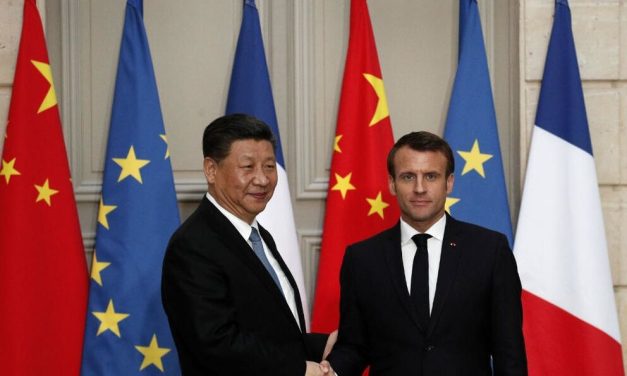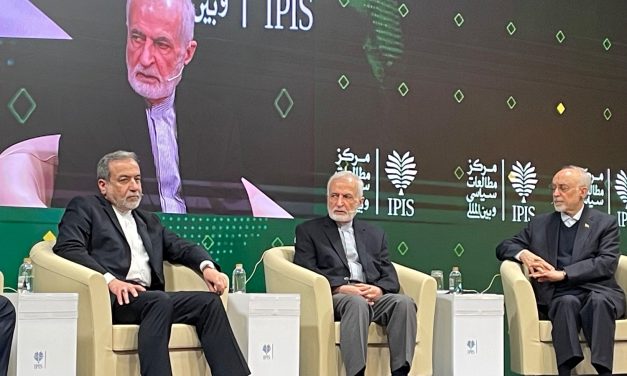The Council of Europe Convention on Preventing and Combating Violence against Women and Domestic Violence, better known as the Istanbul Convention, was opened for signature in 2011, in Istanbul, Turkey. The treaty, so far signed by 45 countries as well as the European Union, obliges governments to pass laws in their national parliaments to prevent domestic violence and other forms of abuse of women, as well as to combat such violence. In recent years, several countries have tried to change some of its paragraphs, a move that has drawn criticism from some international human rights organizations, including Amnesty International.
A part of the Istanbul Convention emphasizes the need to work to combat gender-based violence against women, to protect victims, and to prosecute perpetrators of such violence. The Istanbul Convention is the first legal and binding directive to establish a “comprehensive and legal framework for combating violence against women” and emphasizes the prevention of domestic violence, protection of victims and the prosecution of perpetrators. According to the convention, violence against women is a violation of human rights and a form of discrimination. The convention provides a list of various types of violence against women, and the perpetrators must be punished by governments. Those include psychological violence, harassment of women, physical violence, sexual violence including rape, unprotected sex, forced marriage, female circumcision, forced abortion, forced sterilization, honor killings and crimes, and sexual harassment.
The move came after months of pressure from conservative and religious groups for Turkey’s withdrawal. Proponents of the withdrawal argue that the provisions of the convention undermine the family and challenge the country’s religious and traditional values by encouraging women to divorce. A group of critics of the pact also says that the Convention on the Elimination of All Forms of Discrimination against Women encourages and promotes homosexuality by addressing aspects of sexuality and promotes homosexuality as much as possible. Although Erdogan has moved away from his opposition parties with this decision, he has moved closer to religious groups and supporters, and expects to see positive results in the upcoming 2023 presidential election.
Turkey was the first country to ratify the convention on March 12, 2012, like 33 other countries, but it has not received parliament approval in Armenia, Bulgaria, the Czech Republic, Hungary, Latvia, Liechtenstein, Lithuania, Moldova, Ukraine and the United Kingdom, despite having signed the convention and it has not yet been implemented in those countries. Russia and Azerbaijan opposed the convention in the first instance and did not sign it.
In response to international criticism of Turkey’s withdrawal from the Istanbul Convention, Ankara does not see the decision as a departure from the fight against violence against women. Ankara claims that the laws of the Republic of Turkey guarantee the rights of women with the most advanced norms and, as in the past, together with all relevant institutions and organizations, will take all necessary measures to strengthen women’s rights and continue the most effective fight against violence against women. Some of the various elements and methods contained in the content of the Istanbul Convention caused a sensation in public opinion. There are disputes over the Istanbul Convention in a number of countries.
The head of the communications center of the Turkish presidential institution has officially announced that Turkey has unilaterally withdrawn from the Istanbul Convention since March 20, 2021. Article 80 of the Istanbul Convention allows either party to terminate the agreement after notifying the Council of Europe. Turkey was the first country to sign the Istanbul Convention, demonstrating its strong commitment to maintaining the social status of women and combating all forms of violence against women. The Istanbul Convention, originally intended to encourage the strengthening of women’s rights, was later distorted by those seeking to normalize homosexuality that is incompatible with Turkish social and family values. Turkey’s decision to withdraw from the Istanbul Convention was taken for the same reason. Turkey continues its efforts for the social, economic, political and cultural participation of women under President Erdogan. The Deputy Leader of the Justice and Development Party also promises that the Turkish government will cancel the Istanbul Convention, replacing the Istanbul Convention with a new agreement called the “Ankara Memorandum”.
The Turkish government’s decision was met with internal criticism and protests, especially from women and opposition parties. Critics argue that withdrawing from the Convention on Preventing Violence against Women will lead to continued discrimination against women and gender inequality. The mayor of Istanbul and a politician who has been hailed as one of Erdogan’s future and potential rivals lamenting the government’s decision said: Announcement of the government’s decision to withdraw from the convention at midnight, even as we see more violence against women in the society every day, tastes bitter. Women have been at the forefront of this process for years, working to eliminate discrimination and inequality.
Following the announcement of the government’s decision, protest rallies were held in Turkey and the city of Istanbul. Some lawmakers believe Erdogan could not make such a decision without a parliamentary vote. This claim comes as several constitutional amendments in Turkey have greatly increased the power of the president in recent years. At the meeting of the board of directors of the party and the court of the Republican People’s Party, held upon a call by Kemal Kılıçdaroğlu, invalidated the presidential instruction in accordance with Article 90 of the Constitution, according to which conventions are terminated only by law, and declared that the People’s Republican Party will raise its objection in the Supreme Court.
US President Joe Biden called Turkey’s sudden withdrawal from the Council of Europe Convention on Preventing and Combating Violence against Women and Domestic Violence, better known as the Istanbul Convention, very disappointing. He described the rise in domestic violence around the world and the rise in reports of female homicides in Turkey and the country’s withdrawal from the Istanbul Convention as a very disappointing step backwards for the international movement to end violence against women around the world. He added: Around the world, we are seeing increases in the number of domestic violence incidents, including reports of rising femicide in Turkey as the first country which signed the Istanbul Convention. Countries should be working to strengthen and renew their commitments to ending violence against women, not rejecting international treaties designed to protect women and hold abusers accountable.
The EU foreign policy chief regretted Ankara’s decision, calling the withdrawal from the Convention a threat to the fundamental rights of women and girls in Turkey and sending a dangerous message to the world. The Secretary General of the Council of Europe also called the Turkish government’s decision “devastating” and a “huge setback”.










0 Comments